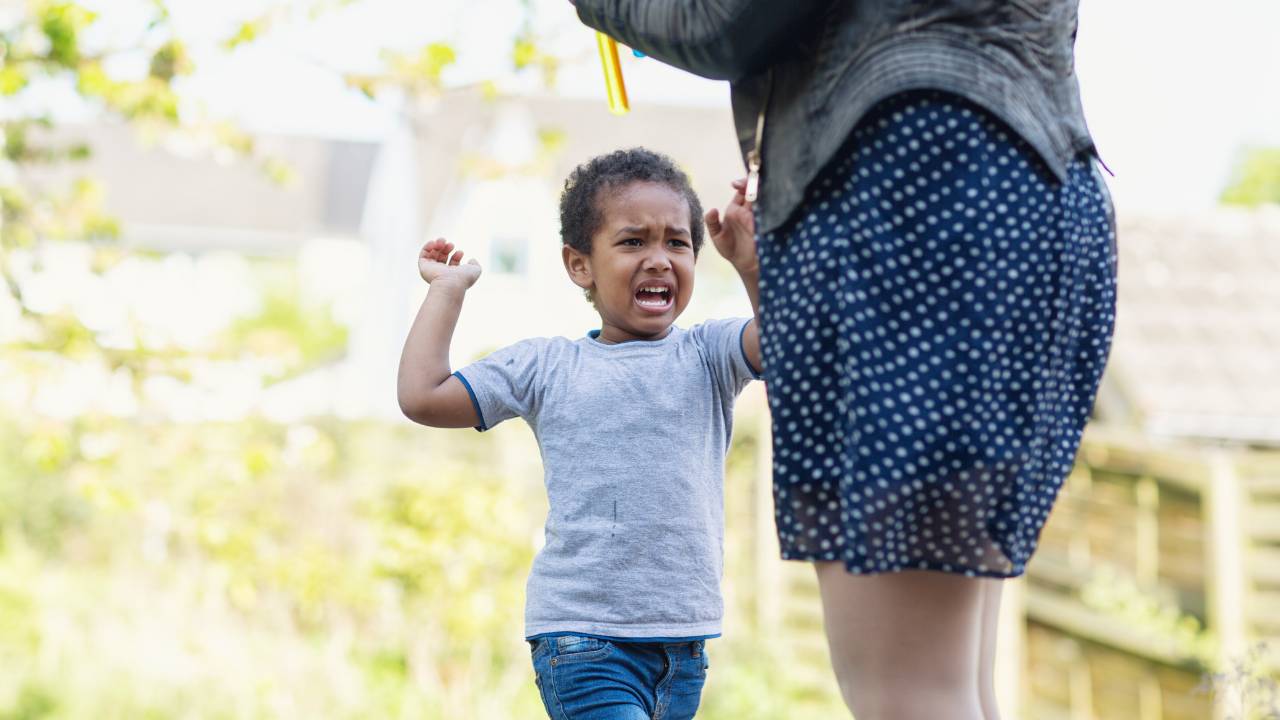
Your Child’s Behavior Isn’t a Report Card on Your Parenting
Jun 04, 2025For years, I believed my son’s struggles were my fault. When he raged, withdrew, or acted out in public, I felt like I was failing as a mother. Every angry outburst, every meltdown, every call from school felt like a flashing neon sign announcing: “You’re doing it wrong.”
If you’ve felt this way too, I want to tell you something that took me years to learn:
Your child’s behavior is not a measure of your worth as a parent. It’s a reflection of what your child is experiencing and what they need.
This distinction matters—deeply. Especially for parents raising children with mental illness, neurodivergence, trauma, or other complex challenges. Of course, we all make mistakes. I’ve made plenty. We lose our patience. We say things we wish we could unsay. We try things that don’t work. We learn as we go.
But our children’s struggles—especially when they’re chronic or intense—can’t be reduced to a simple equation of parental cause and effect.
My son’s pain was not created by my imperfections. His needs were not born from my shortcomings. And yet, I spent so much energy trying to “fix” myself, believing if I could just be more calm, more consistent, more loving, then he would be okay.
Here’s the truth that set me free:
Our job is not to be perfect. Our job is to be attuned.
To observe, with compassion and clarity, what our children are trying to communicate through their behavior. To stay curious rather than collapse into self-blame.
It’s a tough nut to crack because there are always things we could have done better. And parenting does shape children—yes. But so do genetics, trauma histories, environmental stressors, racial bias, mental illness, and so much more. When we make ourselves the sole explanation for their behavior, we miss the deeper truth.
And we exhaust ourselves trying to control something that isn’t ours to control.
So here’s my invitation to you:
When your child is acting out, melting down, or withdrawing—not functioning the way you'd hoped—pause. Take a breath.
And instead of asking, “What am I doing wrong?”
Try asking, “What is my child needing right now that they don’t have words for?”
That shift can open up a whole new way of seeing. And of loving.
Because when you stop catastrophising and start listening—truly listening—you become the safe space your child most needs.
And while we’re here, let me say something else loud and clear:
**If your kid went bonkers and you stayed calm—**Amen, Mama.
You’ve been a great parent if you kept your cool while the shit was hitting the fan.
You’re a great parent when you didn’t take things personally.
You’re a great parent when you had yourself under control.
But let’s be honest: no parent keeps their cool all the time. I certainly didn’t. I remember vowing I’d never yell at my kids again—and my own therapist just laughed. They’d been there too.
It is possible to get better at it. After years and years of practice, I do keep my cool about 90% of the time. But please don’t expect perfection here.
There is no perfect parent. Only a present one—who shows how to handle yourself when you’d so love to lose it.
And that, my friend, is enough.
Don't miss a beat!
New moves, motivation, and classes delivered to your inbox.
We hate SPAM. We will never sell your information, for any reason.
